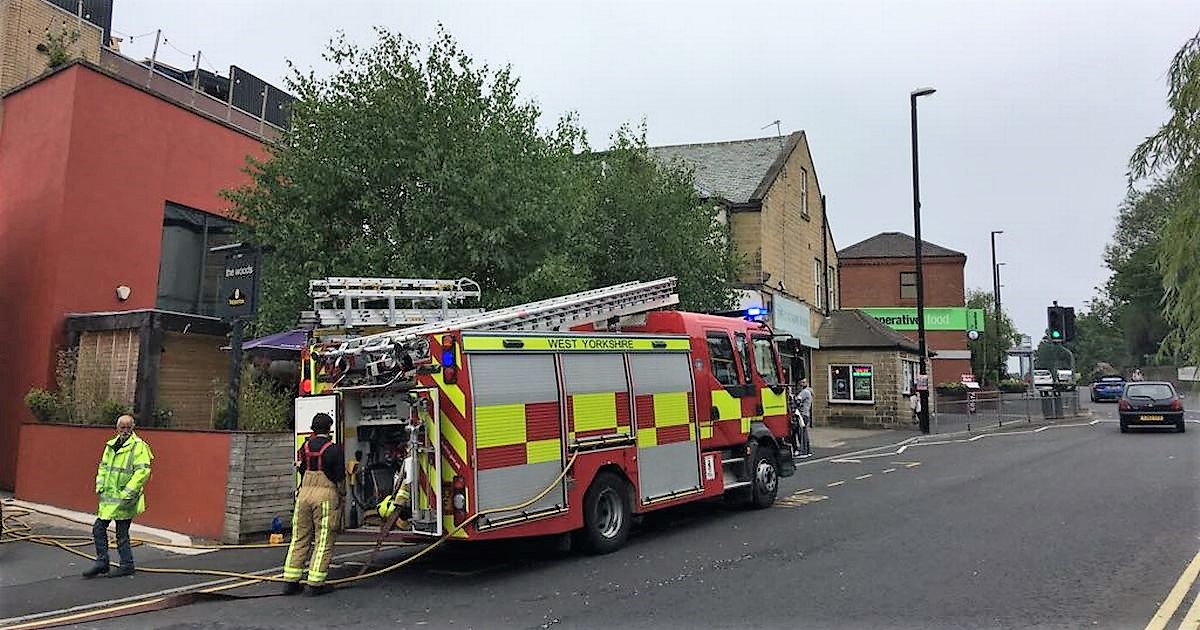A few weeks ago The Woods restaurant and bar in Chapel Allerton, Leeds suffered a fire that resulted in over 40% of it being damaged. It’s been forced to close while repairs take place.
Thankfully no one was injured. But the incident is one among many that illustrates how workplace fires can have many significant consequences for a business and why it’s so important that everything possible is done to reduce the risk of them breaking out. Because otherwise the disruption and difficulty that follows can be considerable and cause a whole host of problems:
- Impact on employees
- Legal costs and prosecution
- Lost custom
- Damage to the building and equipment
- Loss of data and documents
